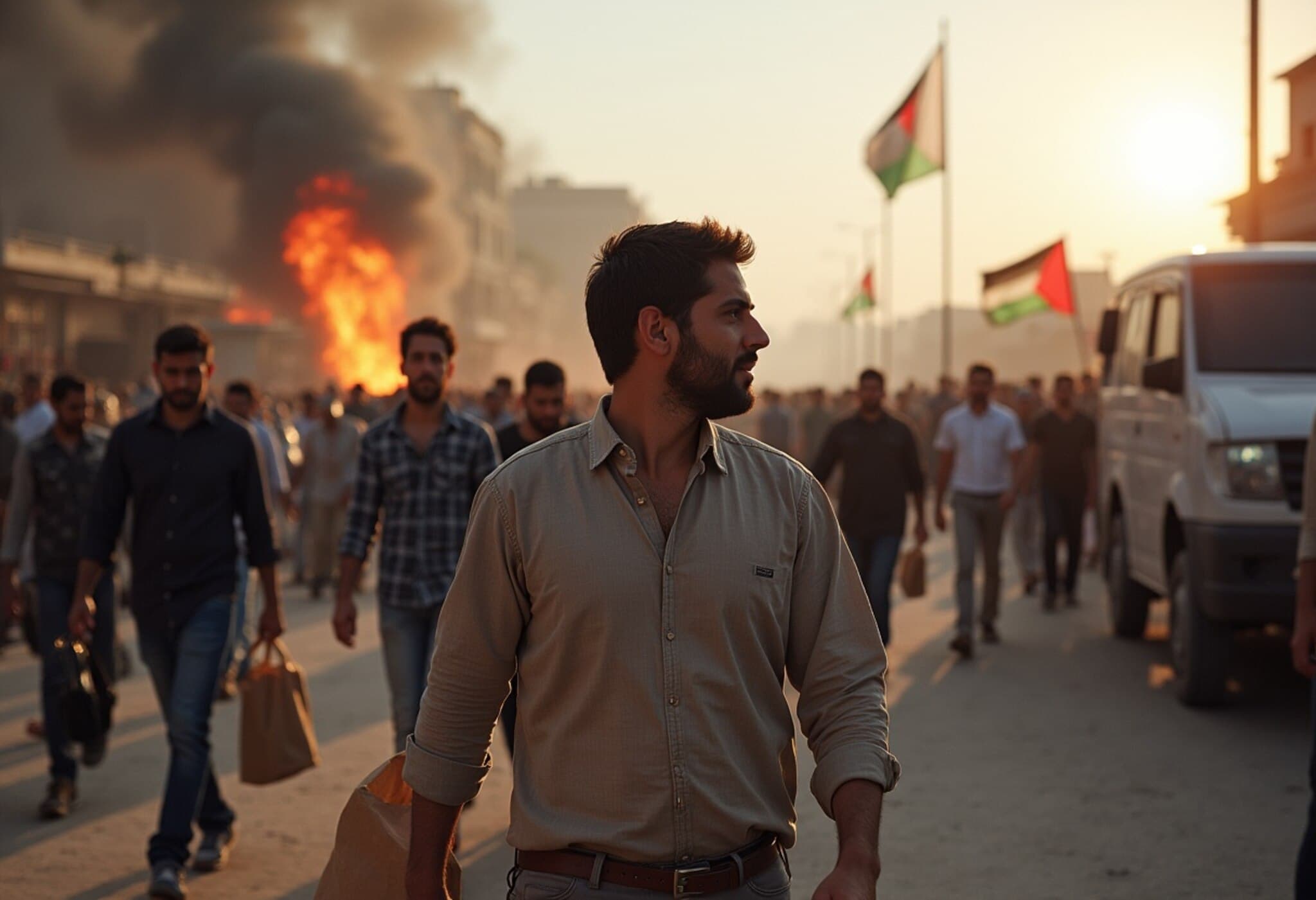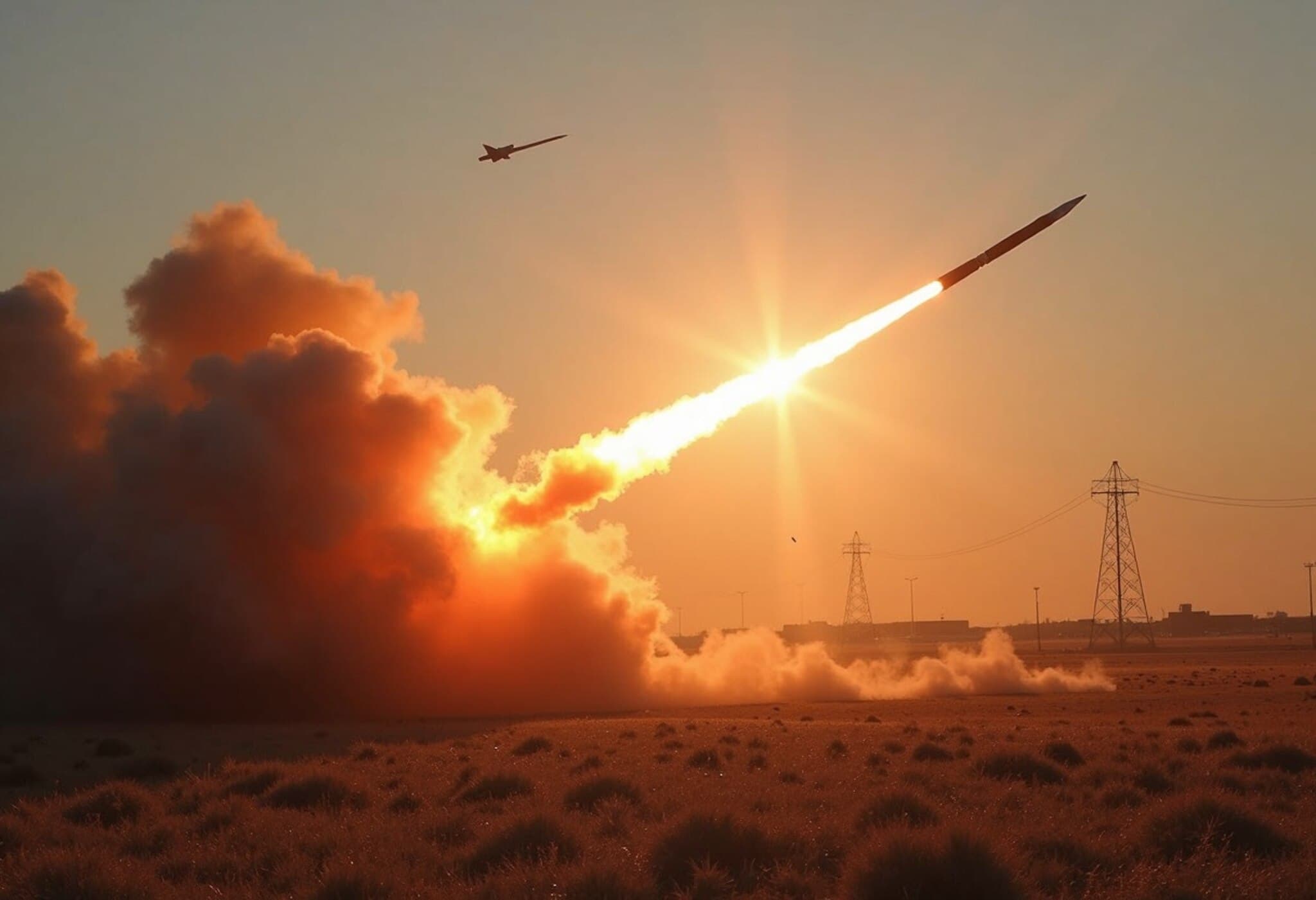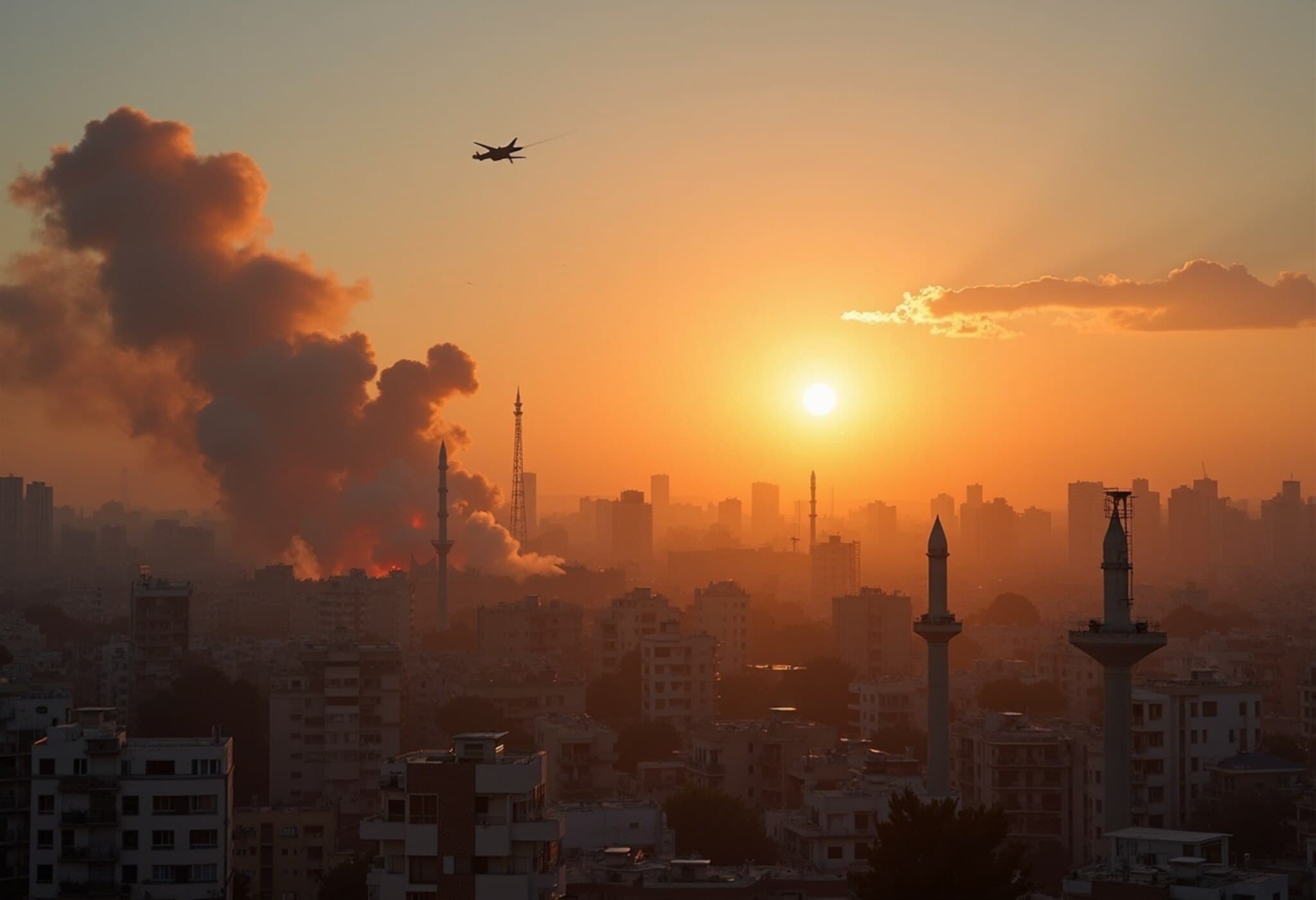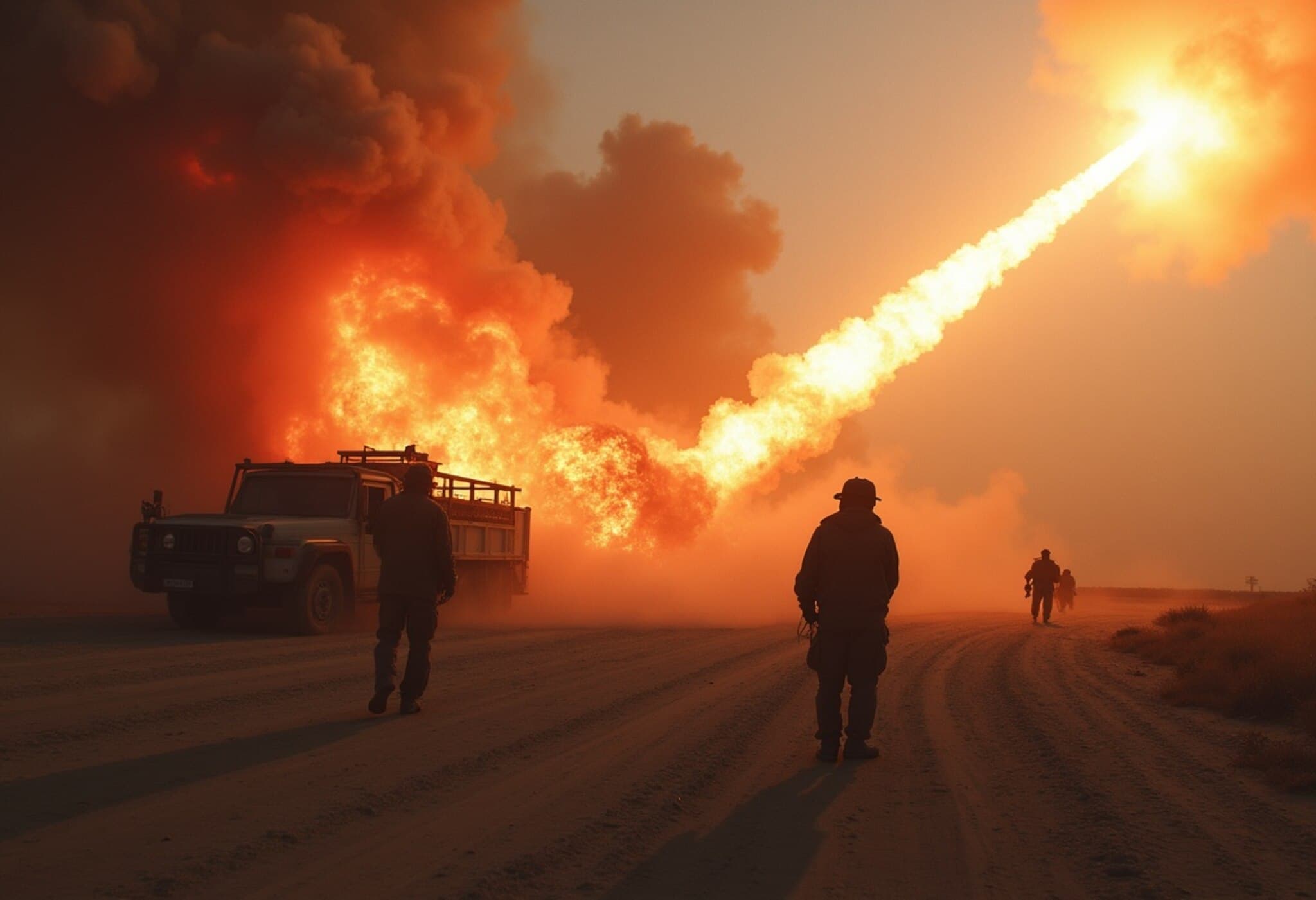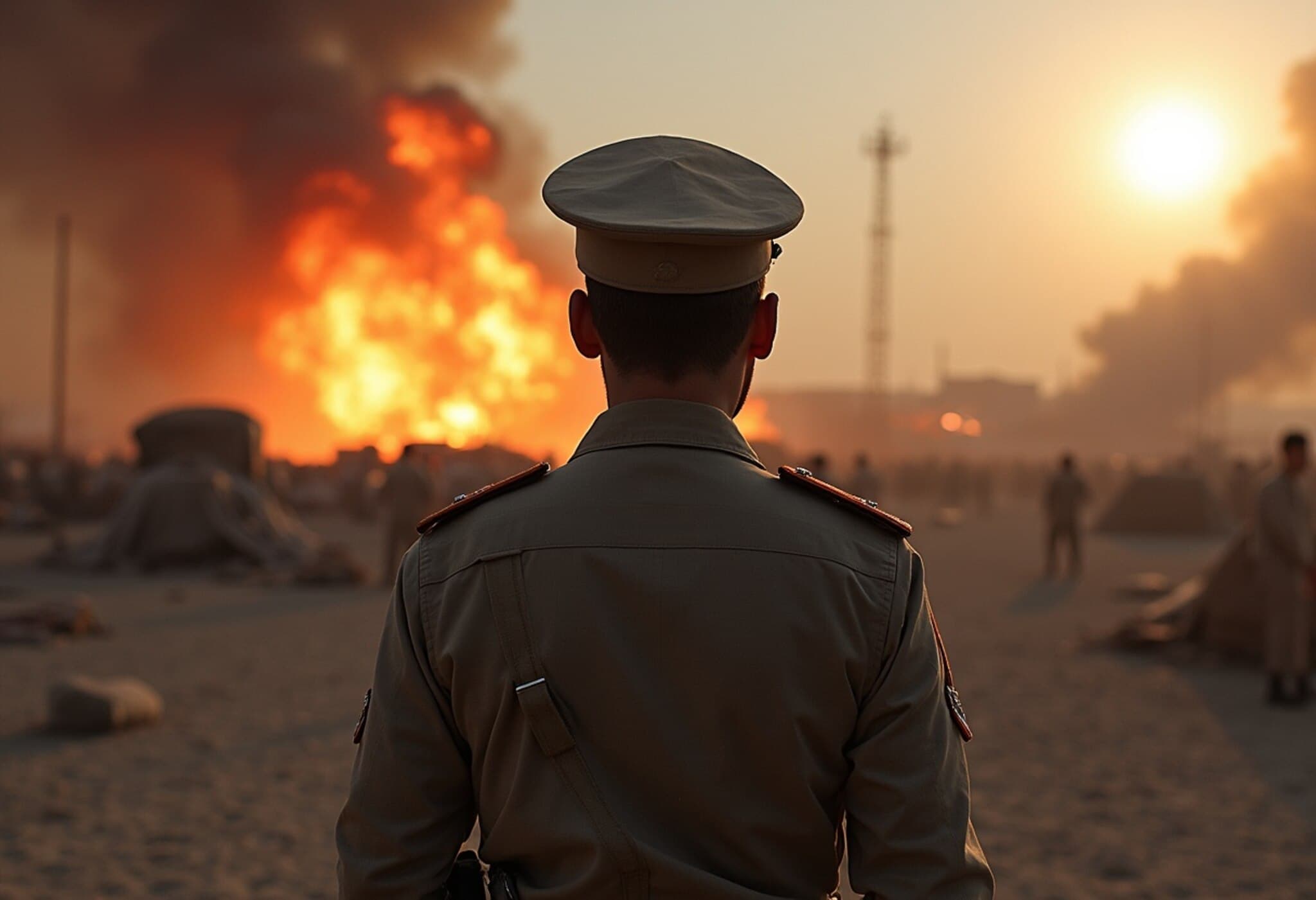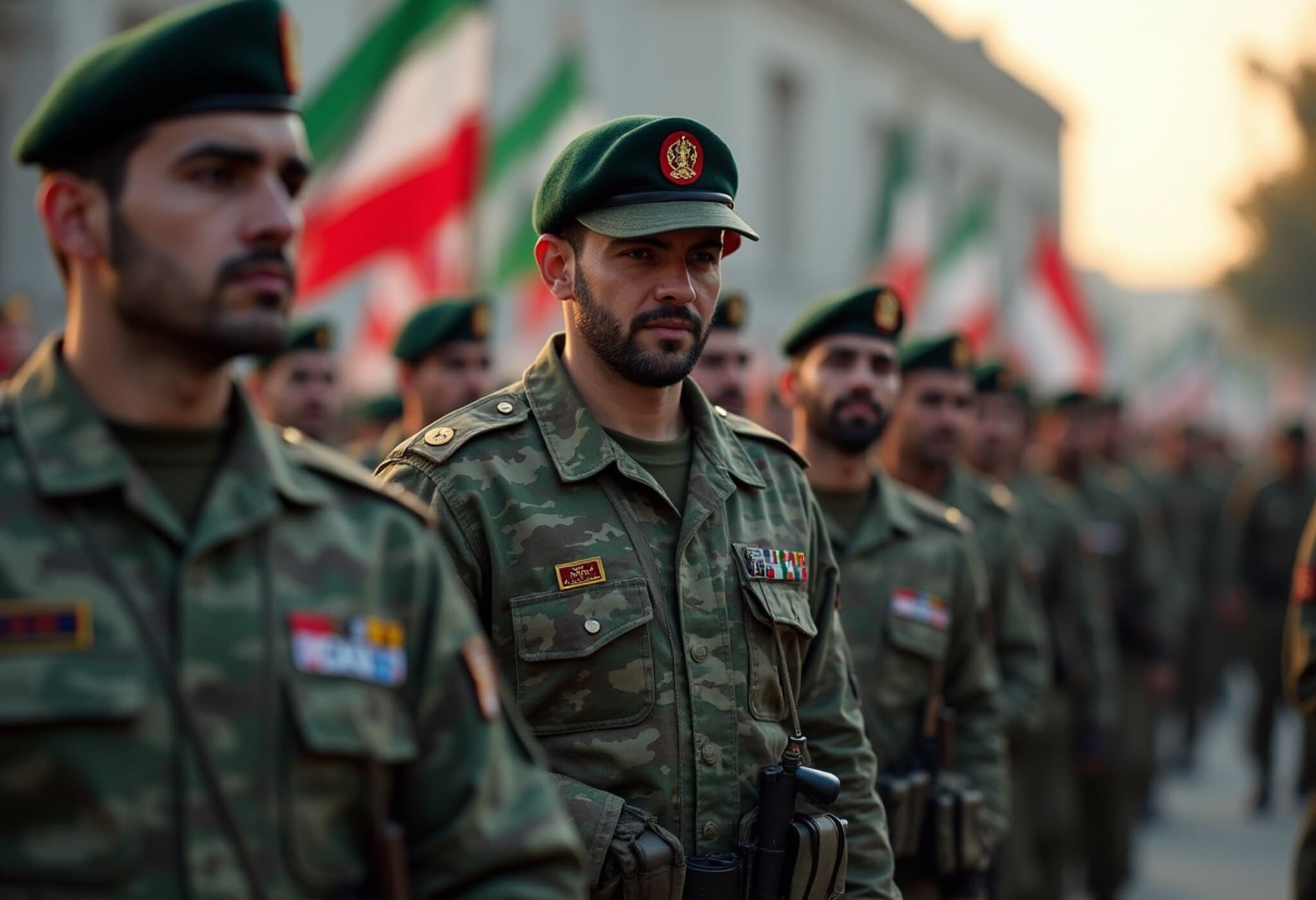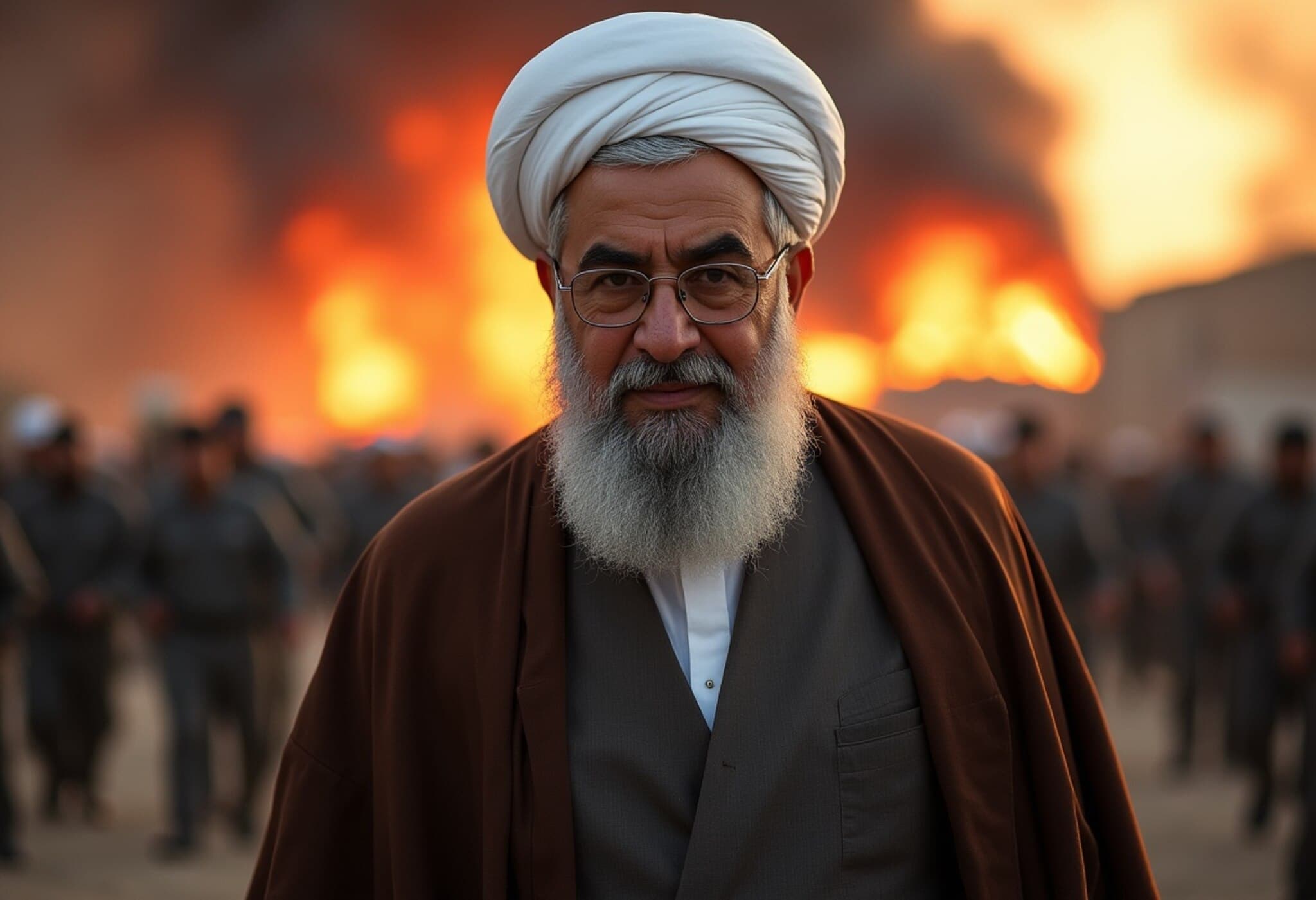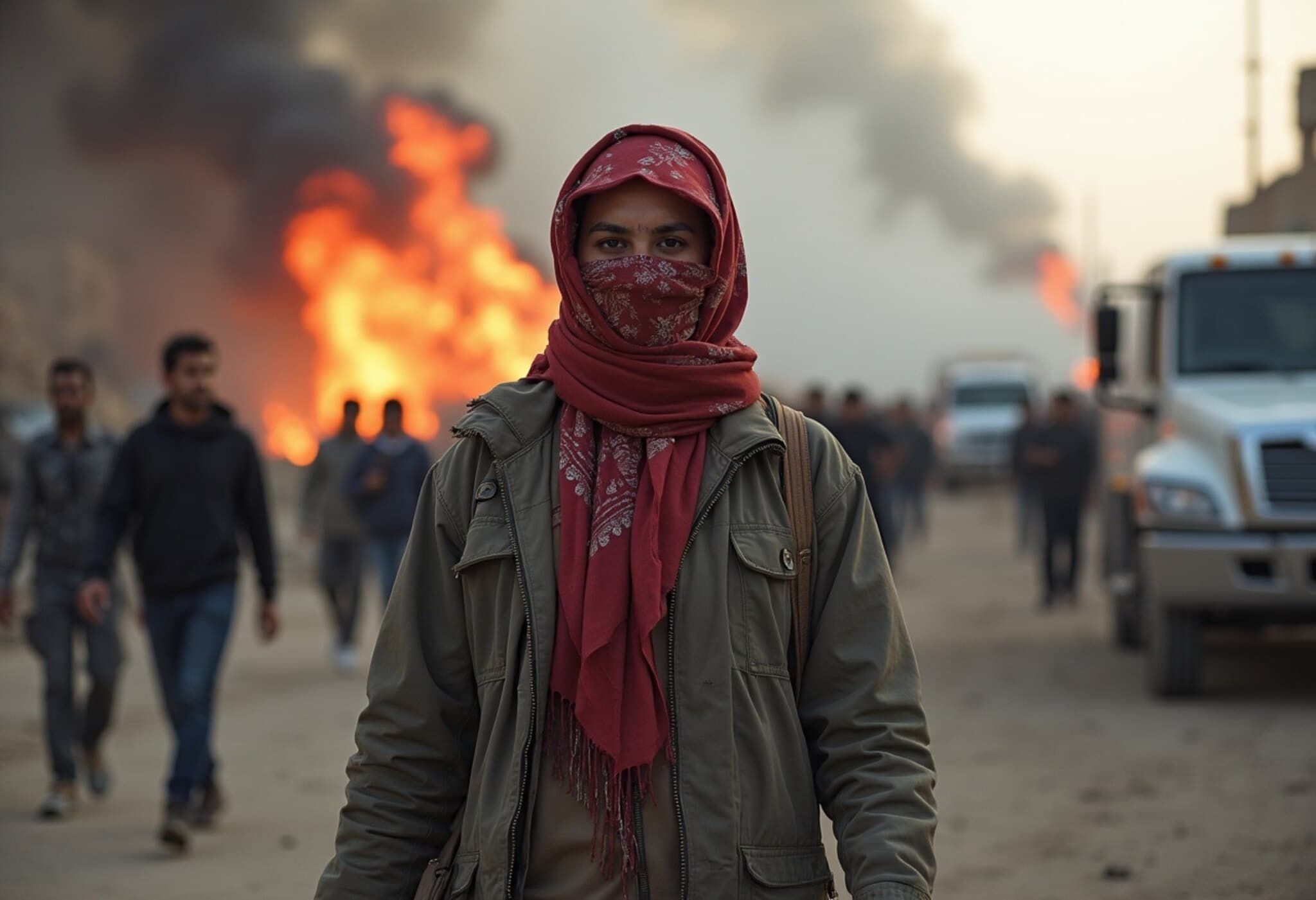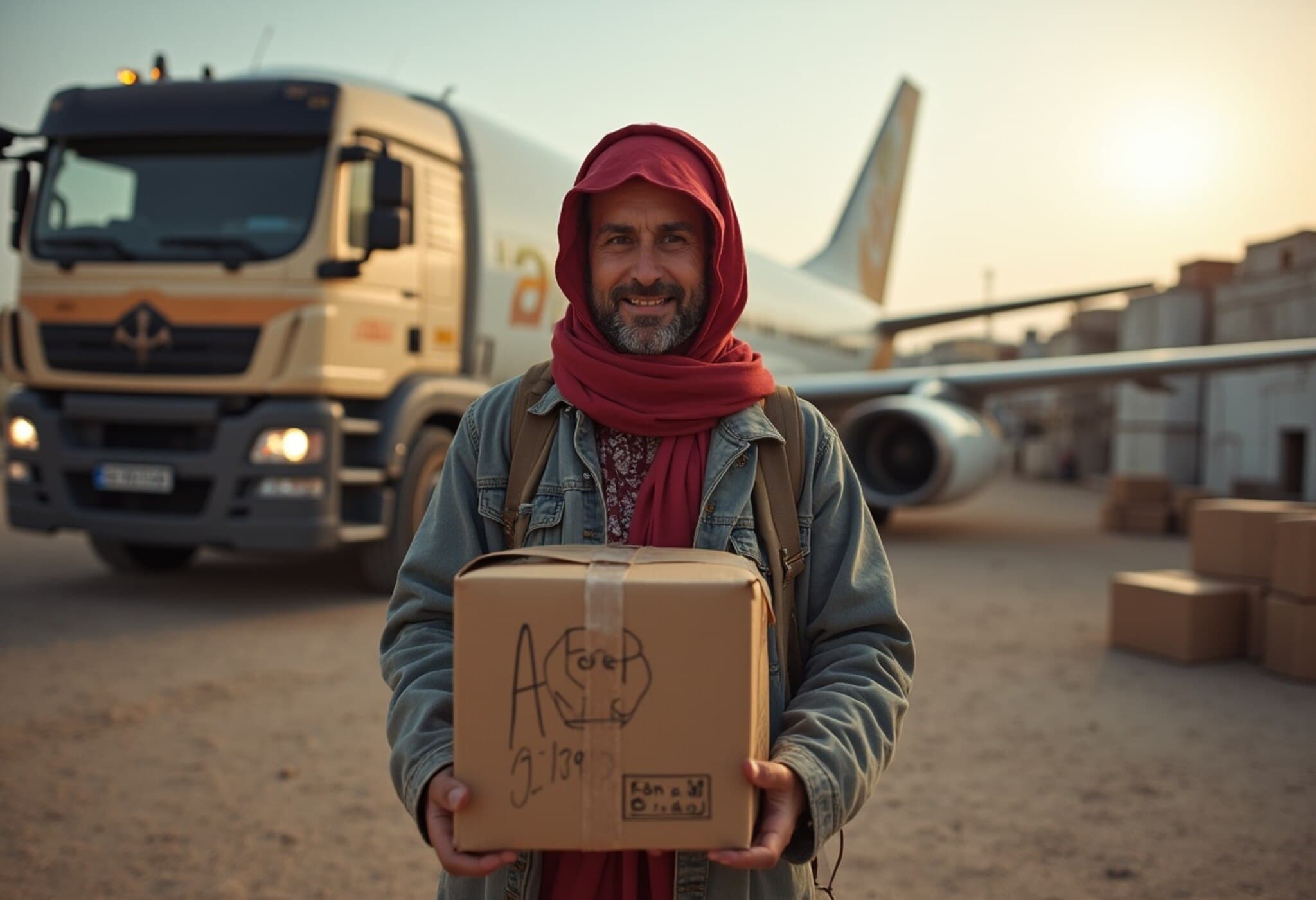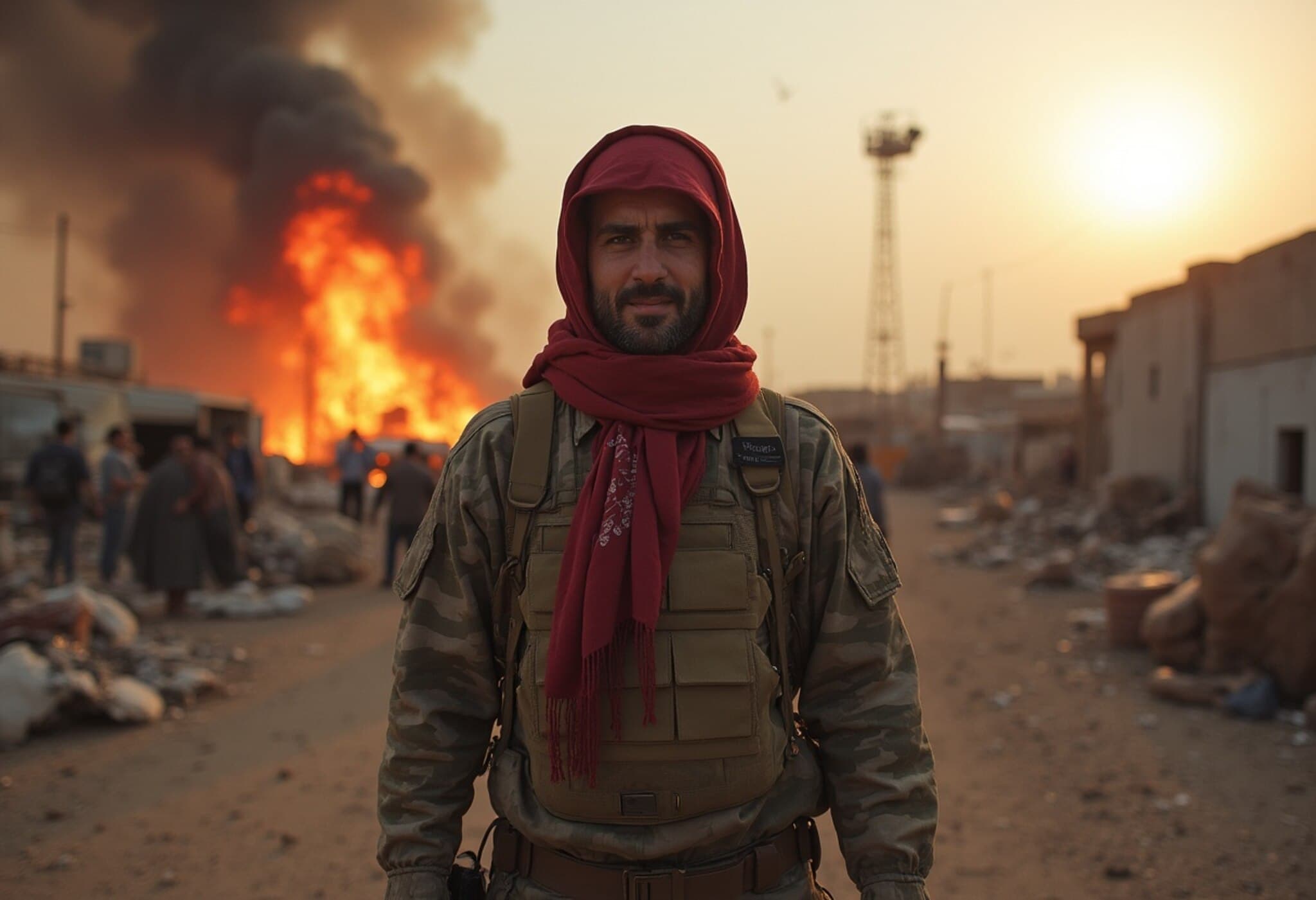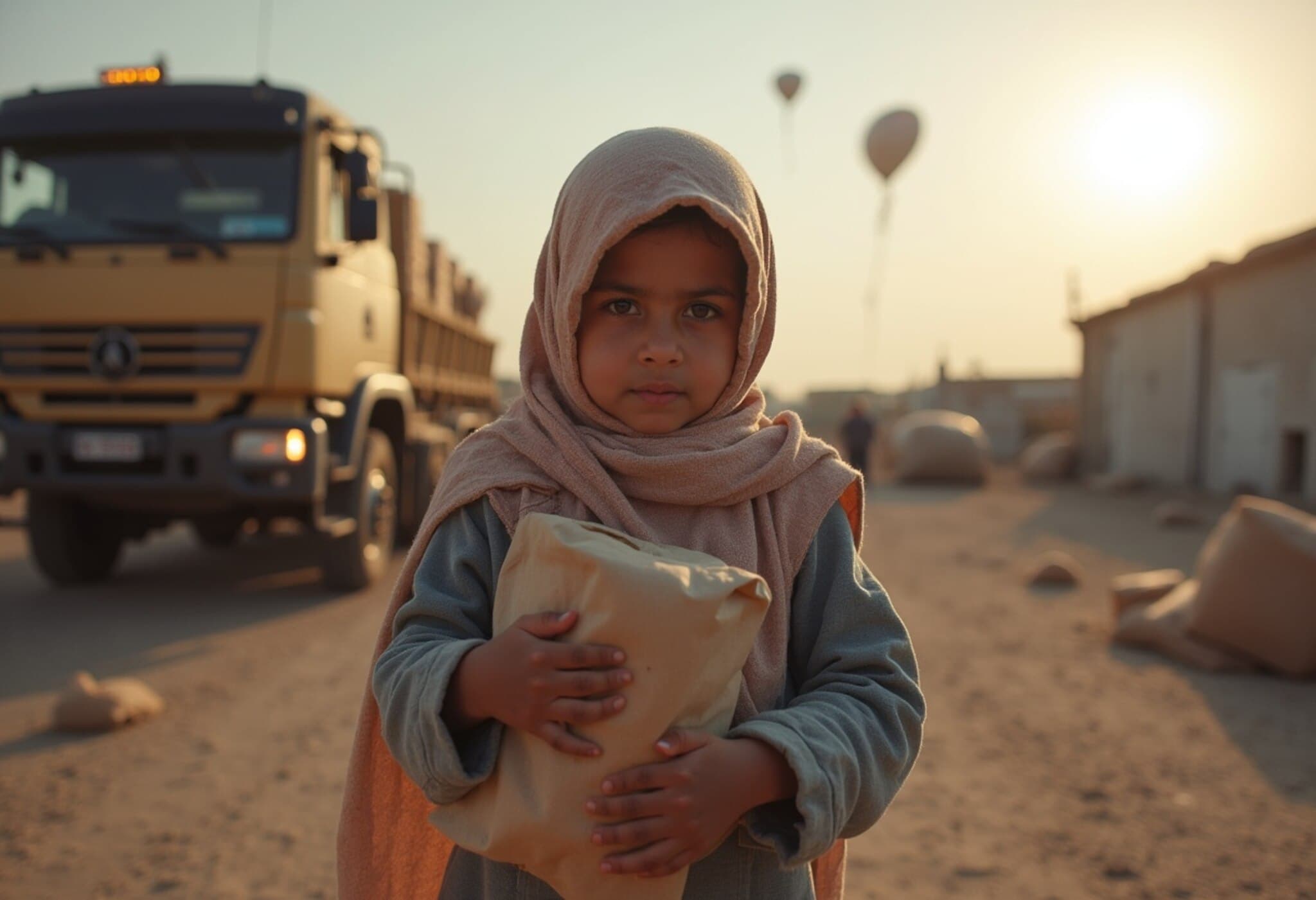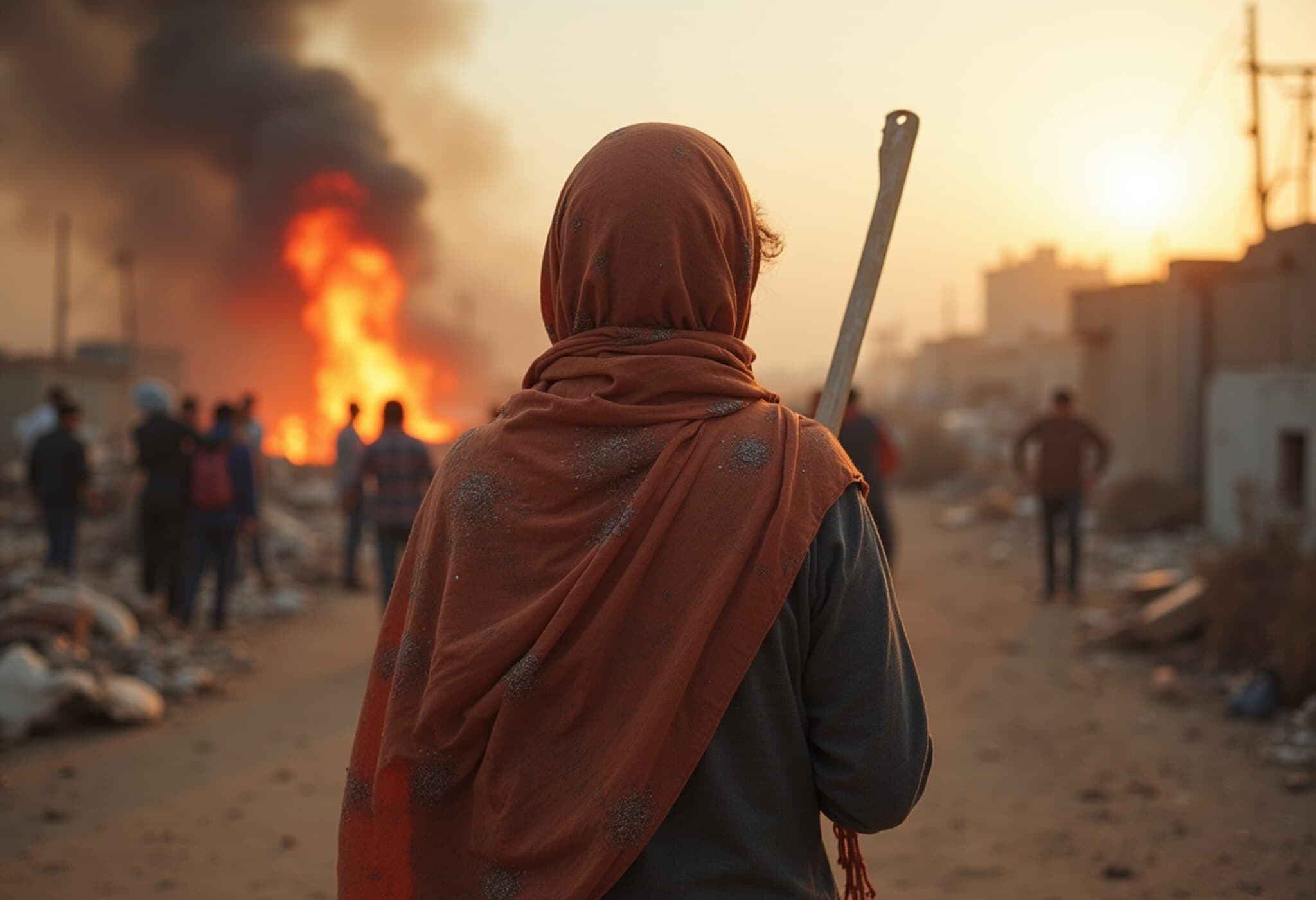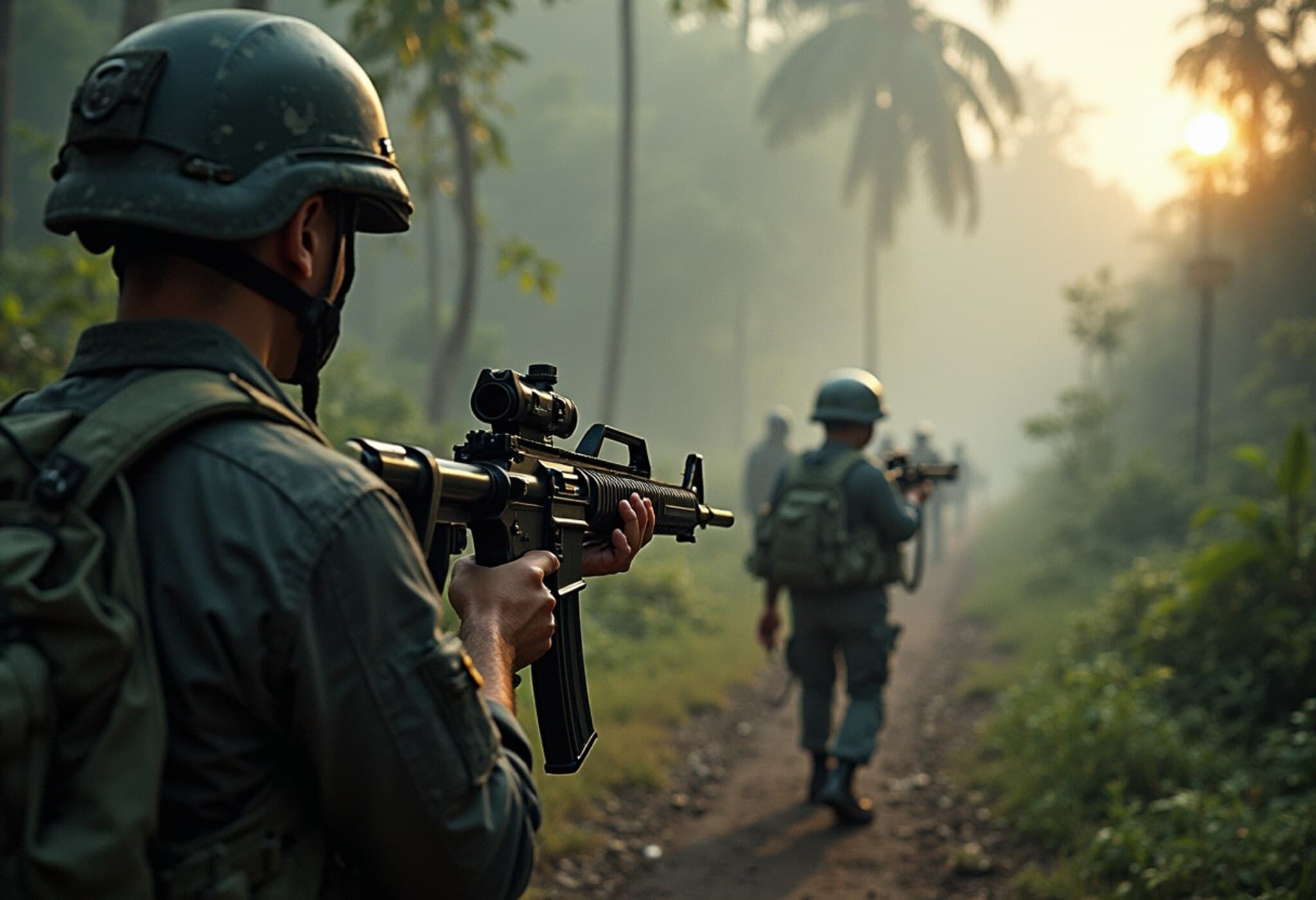Tragedy at Gaza Food Distribution Site Claims 20 Lives
On July 16, 2025, a devastating stampede unfolded near a food aid distribution center in Khan Younis, southern Gaza, resulting in the loss of at least 19 Palestinians. Additionally, another individual was fatally stabbed amid the chaotic scenes, according to the Gaza Humanitarian Fund (GHF), a US-backed aid organization at the heart of a complex and contentious relief effort in the region.
Events Leading to the Stampede
Witnesses describe desperate crowds gathering to receive much-needed food assistance as tensions escalated precipitously. With scarce resources and mounting pressure from ongoing conflict, the atmosphere near the distribution hub quickly turned volatile. The GHF reported allegations that Hamas militants incited unrest in the vicinity, which they claim contributed to the deadly situation, though no concrete evidence has been publicly shared to corroborate these claims.
Context of Violence and Humanitarian Crisis in Gaza
This tragic incident is part of a broader pattern of escalating violence and grave humanitarian distress gripping Gaza. On the same day, Israeli airstrikes struck multiple targets across Gaza, killing 41 Palestinians, including 11 children, exacerbating the already dire situation.
- Earlier strikes: 19 killed in Khan Younis, 22 in northern Gaza.
- Israeli military operations: Over 120 targets, including alleged Hamas military infrastructure, were hit within 24 hours.
The Gaza Humanitarian Fund: Controversy Amid Crisis
The GHF replaced UN-backed relief programs in Gaza following restrictions imposed on UN operations. However, the organization has been at the center of scrutiny for its role in aid delivery amidst an increasingly militarized environment. Critics, including UN officials, have expressed deep concern over the safety of Palestinians lining up for essentials under fire, with nearly 800 deaths reported among aid seekers since late May.
International Perspectives and Legal Implications
UN human rights spokesperson Ravina Shamdasani emphasized the gravity of the situation at a Geneva briefing: "Where people face the peril of being shot while seeking essential supplies such as food and medicine, the situation becomes unacceptable and demands urgent international response."
Moreover, rights groups warn that organizations like GHF might face legal scrutiny under international humanitarian law for their operational modalities amid ongoing conflict. Calls have increased for these entities to re-evaluate their role in a theater where aid distribution intersects with military and political interests.
Human Stories Behind the Headlines
Amid political and military complexities, at the heart of this crisis are individuals and families grappling with hunger, fear, and uncertainty. The stampede underscores the desperate lengths to which civilians are pushed in war zones — risking life and limb for a crumb of relief. Aid workers on the ground, sometimes caught in crossfire, strive to protect vulnerable populations, as illustrated by the human chain formed by Palestinian staffers to shield women during distribution efforts.
Looking Ahead: Challenges and Questions
As the conflict continues, ensuring safe, equitable, and effective humanitarian aid delivery remains a formidable challenge. Key questions arise:
- How can aid organizations operate neutrally and safely amid combative factions?
- What measures are necessary to prevent future tragedies at distribution points?
- Can international mechanisms enforce compliance with humanitarian law in such volatile zones?
In the face of ongoing violence, these issues require immediate attention from policymakers, human rights defenders, and the global community.
Expert Commentary
From a policy standpoint, the situation in Gaza exemplifies the acute difficulties of delivering humanitarian aid in contested territories. The intersection of military operations, political agendas, and civilian needs creates a precarious environment. Experts argue that renewed diplomatic efforts are crucial not only to cease hostilities but to establish protected corridors for aid distribution.
Furthermore, accountability for violations of international law must be prioritized to deter further civilian casualties during aid delivery.

